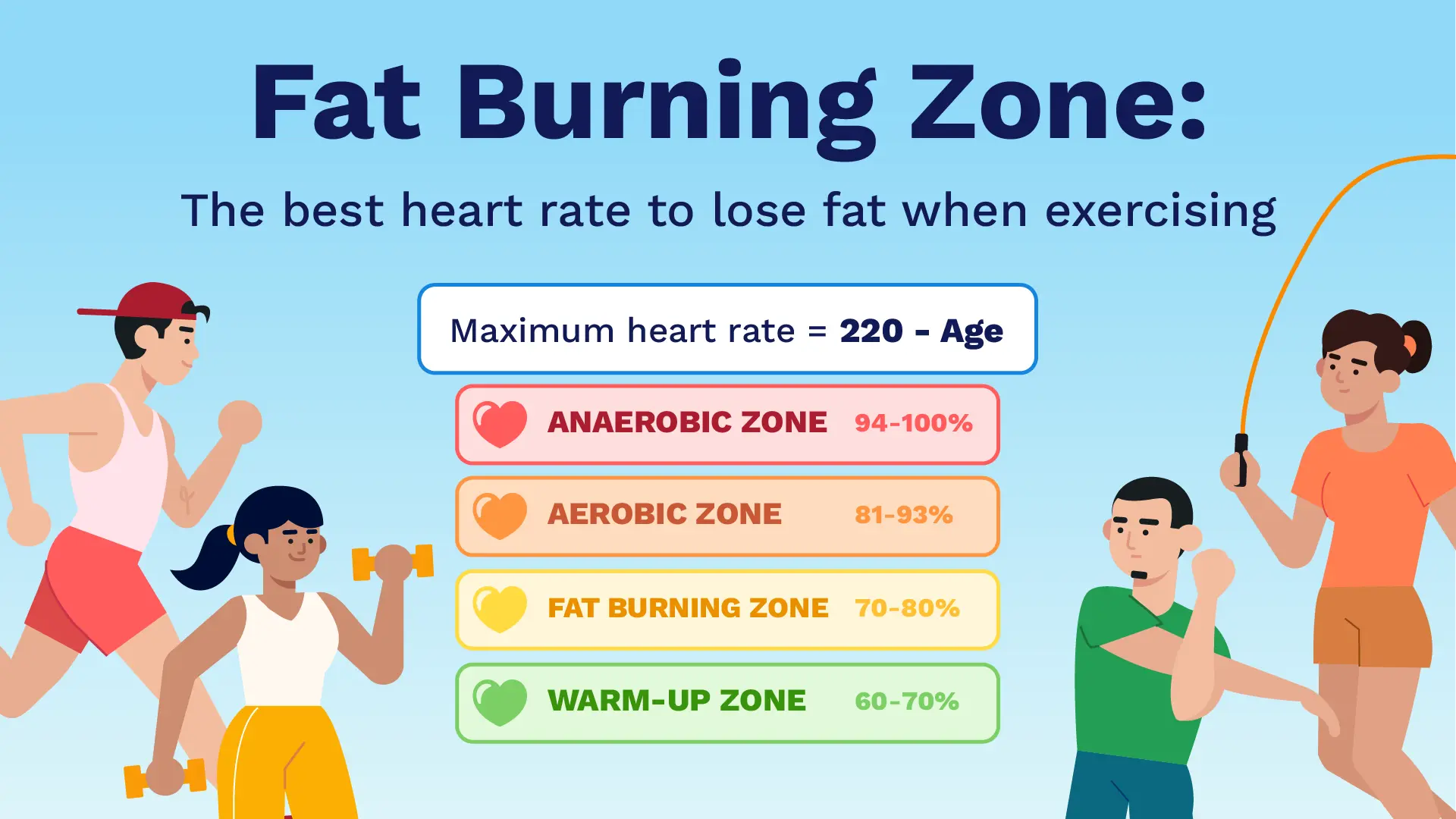-
-
Featured Care Areas
The page you are looking for was moved, removed, renamed or might not have existed.

×

Search Health Plus
Editor's pick
What Is Mpox and How Do You Stay Protected from It?
Learn more about mpox, the disease that has seen an unusual surge in infections worldwide.
Is Your Heart in Good Health? 10 FAQs Answered
What are the signs of an unhealthy heart? What should you do in the event of a heart attack? Dr Lim Choon Pin answers 10 popular questions about heart health.
9 Super Herbs and Spices for Gut Health
Your digestive function can affect your entire body. Boost your gut health with these essential superfoods.
Toddler Falls: When to Seek Medical Attention
Toddlers often fall and hit their heads. As a parent, when should you worry?
Living Well with Chronic Kidney Disease
Chronic kidney disease has been on the rise, and it’s become more important than ever to know what it is, how to prevent it, and how to manage it.
The Benefits of Salmon: Is the Fish Really Good for You?
You’ve probably heard that salmon is healthy. But how healthy is it, really? We tackle the answer by comparing wild-caught and farmed salmon, various species, and more.
Videos






Latest articles
6 Ways to Stick to Your Healthy Eating New Year Resolution
Most people find it easy to take the first steps to eat healthy but struggle to keep it up throughout the year. Here are 6 dietitian tips for a sustainable healthy lifestyle.
7 Tips to Get Your Kids on a Back-to-School Sleep Schedule
A good night's sleep is especially important for a child's healthy development. Here are 7 tips to adjust your child back to a school-friendly sleep schedule after the holidays.
Cervical Screening: Why is HPV Testing Important?
Cervical screening is an essential tool in helping to detect precancerous or cancerous cells.
From Stomach Bleed to Liver Cancer: Mdm Chua’s Care Journey
Mdm Chua Ching Moi’s vomiting episode revealed bleeding in her stomach, and later liver cancer. Her recovery journey reflects her positive spirit, and the power of coordinated care.
What to Do During an Allergic Reaction
Learn how to tell if you have allergies and what to do if you experience an allergic reaction.
Behind the ERAS® Approach for Knee Replacement Surgery
Preparing for knee replacement? Learn about the ERAS® approach, an evidence-based programme that supports efficient recovery after surgery.














